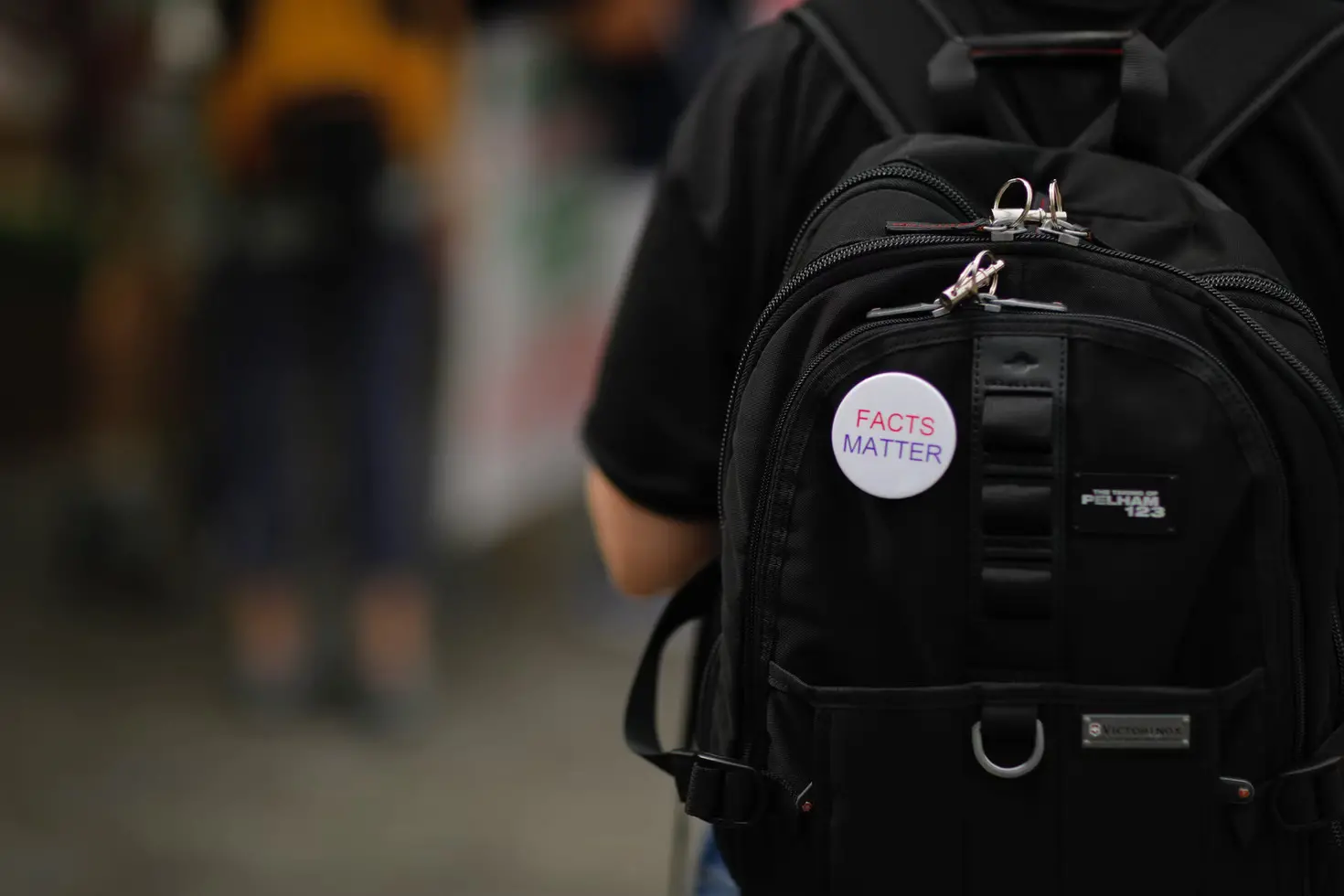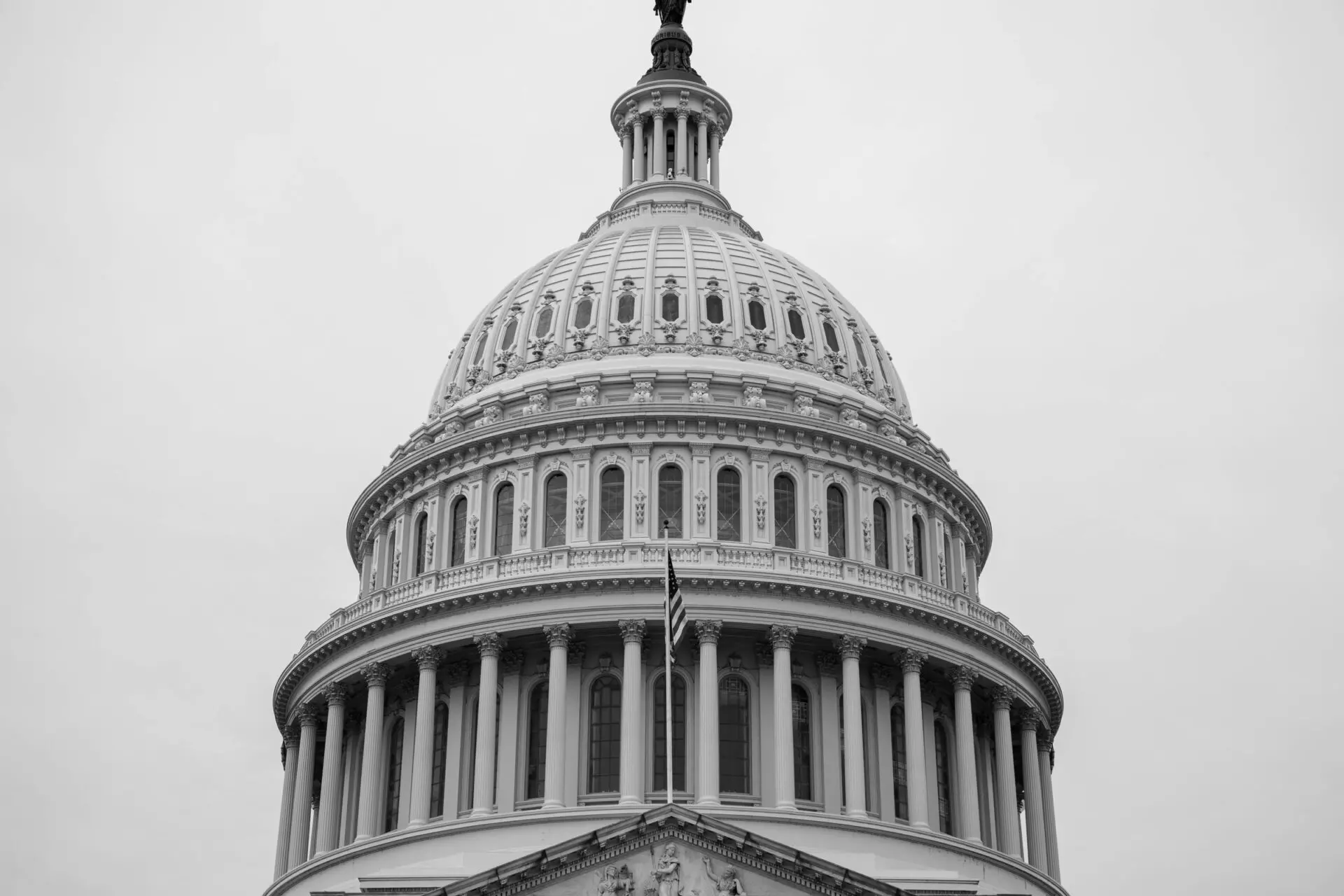PEN America sent the following letter to Superintendent Hill and Burbank Unified School District Trustees on March 29, 2022. We are reproducing the letter now on PEN.org for the public in conjunction with Banned Books Week 2022.
Dear Superintendent Hill and Burbank Unified School District Trustees,
I am writing to you on behalf of PEN America, the literary and free expression organization, to object to your policy, adopted last year, which prohibits any instructional materials with the “N-word” from being used as mandatory reading in any grade level in the Burbank Unified School District. As a free expression organization committed to the freedom to read, write, and learn, we are dismayed by this censorious policy, and call for you to take the necessary steps to rescind it.
In 2020, PEN America expressed great concern with your district’s decision to restrict four books from being taught in classrooms: The Cay; Roll of Thunder, Hear My Cry; To Kill a Mockingbird; and The Adventures of Huckleberry Finn. We understand that Of Mice and Men was subsequently added to this prohibited list; and that it has since been expanded to a broader, blanket policy barring all texts with the “N-word.”
We are currently living through an epidemic of book banning and curricular restrictions, much of it driven by a false notion that parents should have a veto over every and any book students can read in schools. This campaign has targeted hundreds of books about American history, which is inseparable from the history of race and racism, resulting in diminished access to diverse literature in schools. Meanwhile, legislatures in numerous states, and even some school boards, have passed bans on the teaching of so-called “divisive concepts” in the classroom. In Edmond County, Oklahoma, this led one school district to allegedly issue guidance to teachers to avoid using the terms “diversity” and “white privilege,” and to ban the teaching of a set of books in English classes: To Kill a Mockingbird, Their Eyes Were Watching God, I Know Why the Caged Bird Sings, Narrative of the Life of Frederick Douglass and A Raisin in the Sun.
Against that backdrop, it is particularly distressing that the same books appear to be currently barred from being read in classrooms in your district. These are forms of censorship, even when they are being pursued with good intentions.
We understand the genesis of your current board policy lies in a hateful incident that took place in the district and that it stems from a desire to enact positive reform to make the district’s classrooms more racially inclusive. Many books that contain the “N-word” by their nature deal with difficult subject matter from our country’s complicated and painful history, including systemic racism. These are difficult issues; but the answer to them cannot be to prohibit literary works in schools for merely containing a specific word. Rather, these subjects must be approached with care and sensitivity, acknowledging this word’s charged and heinous past.
The sheer implications of your current policy are vast, especially as it implicates classic literature from the civil rights movement. The policy appears to effectively ban dozens, if not hundreds, of works from classrooms, including works by numerous Black authors, critics, novelists, historians, poets, playwrights, and even songwriters.
While students may indeed still be able to read these books independently, it is deeply concerning that—under this policy—they are prohibited from discussing works by Martin Luther King, Jr., James Baldwin, or Maya Angelou as a class, and that such works cannot be made mandatory curricular reading. Such books have much to teach young people about American history, liberty, democracy, equality, justice, as well as the continued struggle for a more equitable society.
As PEN America has said many times in response to this recent spate of book bans: the censorship of literary works in our schools and libraries is a travesty. We believe professional educators are well-equipped to guide students in reading books that may contain challenging or potentially distressing content, and that reckoning with books that depict the complexities of history and modern society is part of the purpose of an education. Instead of limiting access to literature as a means of making spaces more inclusive, we advocate for balancing academic freedom with tangible efforts to redress legacies of discrimination and inequity.
In the current political climate, we all too often see school districts reverting to censorship, which has become so familiar around the world as the recourse of tyrants. But it is in our classrooms that we must teach the rising generation this cardinal democratic principle. We look to our educators and school district leaders to uphold it in their policies and pedagogical practice.
As it stands, your policy does an injustice to both your students and to hundreds of literary works, sending a message that certain books are best left censored and ignored, and that some discussions of American history are impossible for educators to facilitate.
We view this as a grave and pressing concern. We would be pleased to meet with you to discuss this matter, along with a small delegation of writers who share our perspective, to explain why
this prohibitive policy must be rescinded.
We would appreciate your acknowledgement of receipt of this letter.











